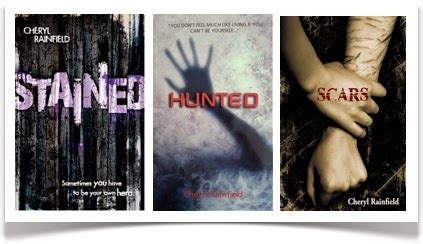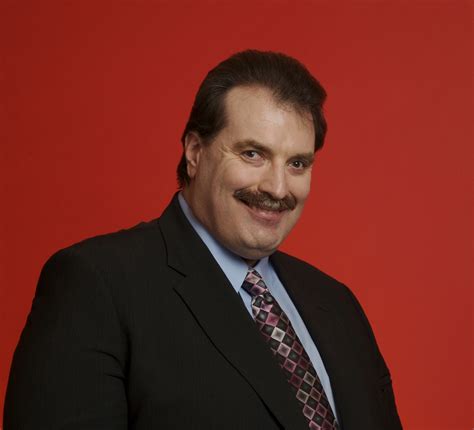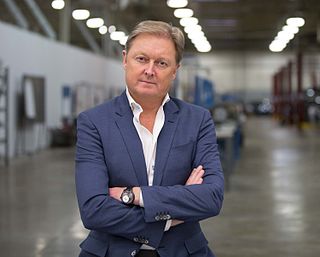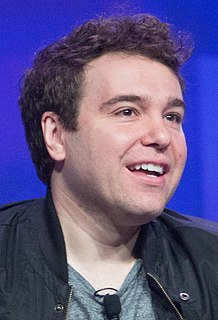A Quote by Mark Epstein
The willingness to face traumas - be they large, small, primitive or fresh - is the key to healing from them. They may never disappear in the way we think they should, but maybe they don’t need to. Trauma is an ineradicable aspect of life. We are human as a result of it, not in spite of it.
Related Quotes
It is said that history turns on small hinges. A human career, too, results from an accumulating series of decisions about large and small matters over a period of years. But the catch is that you can never know when a seemingly small decision may prove to be, from the vantage of later years, the big decision of your life.
I've seen people recover physical abilities, yet never get over emotional trauma after a serious accident. I've seen other people overcome the psychological and emotional trauma of a serious illness even though they may never fully regain their physical capabilities. Which is the greater healing? Which is the better recovery? If I had the option of choosing between a mediocre life with eyesight or the life I have today, even though I am blind, I'd stay blind and keep the life I have.
I think that, every individual you invent in narrative work, you have to have some root in who that person is. That may be an aspect of yourself; it may be an aspect of something that you like, that you don't like. It may be an aspect that you wish you had. Maybe something you admire in another person.
If we take a hard look at what poverty is, its nature, it's not pretty - it's full of trauma. And we're able to accept trauma with certain groups, like with soldiers, for instance - we understand that they face trauma and that trauma can be connected to things like depression or acts of violence later on in life.
From building a fire one can learn something about artistic composition. If you use only small kindling and large logs, the fire will quickly eat up the small pieces but will not become strong enough to attack the large ones. You must supply a scale of sizes from the smallest to the largest. The human eye also will not make its way into a painting or building unless a continuum of shapes leads from the small to the large, from the large to the small.
I just think we need to find a way, because we don't dispose of them very well; they have very bad chemicals in them. If we could just find a way, maybe start at a small step with eliminating batteries perhaps in small electronic devices, and then possibly in the future go bigger, that would be great.
In real life people fart, in the movies, people don't. Why not? Farts are a repressed minority. The mouth gets to say all kinds of things, but the other place is supposed to keep quiet. But maybe our lower colons have something interesting to say. Maybe we should listen to them. Farts are human, more human than a lot of people I know. I think we should bring them out of the water closet and into the parlor.
Love is a choice — not simply, or necessarily, a rational choice, but rather a willingness to be present to others without pretense or guide. Love is a conversion to humanity — a willingness to participate with others in the healing of a broken world and broken lives. Love is the choice to experience life as a member of the human family, a partner in the dance of life.
The spirit in the body is like wine in a glass; when it spills, it seeps into air and earth and light….It’s a mistake to think it’s the small things we control and not the large, it’s the other way around! We can’t stop the small accident, the tiny detail that conspires into fate: the extra moment you run back for something forgotten, a moment that saves you from an accident – or causes one. But we can assert the largest order, the large human values daily, the only order large enough to see.



































